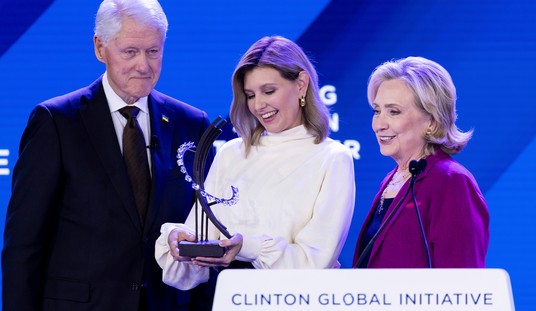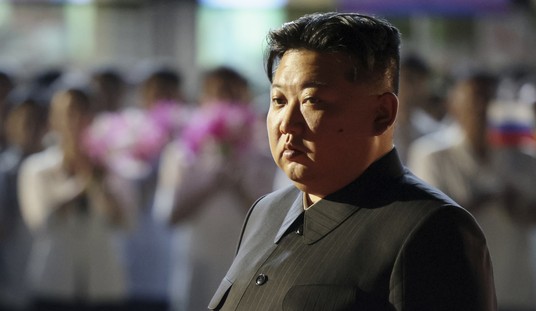Hard to believe given that Israel’s favorable rating in Egypt not long ago was 3/92, but the two results aren’t strictly contradictory. Memories of previous wars may be long and patience with the pace of internal democratization may be short. Egyptians might simply have concluded that they have more important things to worry about right now, their antipathy to the Jewish state notwithstanding. And in fact, asked what the biggest problem currently facing Egypt is, literally no one said “relations with Israel.” Number one was the economy with 35 percent.
Elliott Abrams:
A recent poll by the International Peace Institute asked Egyptians about their political preferences. As reported in the Wall Street Journal, 80 percent had a favorable opinion of Arab League Secretary General Amre Moussa, versus only 10 percent for the head of the Muslim Brotherhood. More important, 63 percent want Egypt to honor its peace treaty with Israel against only 14 percent who do not. The poll also reveals wide support for the liberal and democratic groups that led the recent revolt against the Mubarak regime. Remarkably, 82 percent want Egypt to continue liberalizing and opening its economy.
I am not a great fan of Amre Moussa and do not view him as a champion of democracy. He was Mubarak’s foreign minister for a decade, and as head of the Arab League never seemed to care about democracy until the last few months, when Arabs rose up to demand it. But the data in this poll suggest that fears of a Muslim Brotherhood takeover of Egypt may be overblown. Egyptians may be susceptible to demagogic appeals from politicians, but at least for now the poll indicates that many have a sensible view of their country’s economic and political situation.
Here’s the IPI homepage and a direct link to the crosstabs. The question on Israel is more complicated than Abrams implies. Asked how they’d feel about a party that favors breaking the treaty and ending diplomatic relations with Israel, 37 percent said they’d be at least somewhat more likely to support it versus 32 percent who’d be less likely. Asked how they’d feel about a party that would keep the treaty in place and favor a two-state solution for Israel and Palestine, 63 percent were at least somewhat more likely to support it versus just 14 percent who were less likely. They didn’t ask the treaty question in isolation, in other words, but even so, assuming those numbers are right, it’s bad news for the Muslim Brotherhood’s agenda. Similarly, 34 percent say the endorsement of Brotherhood “spiritual leader” Yusuf al-Qaradawi would make them at least somewhat more likely to support a candidate, but 30 percent say it would make them less likely. And the Brotherhood’s own favorable rating stands at just 38/36, with 27 percent saying they don’t know enough yet. Even among that 38 percent, I wonder what percentage are hardcore Islamist nuts and what percentage simply favor the MB due to identity politics. (For more on that, listen to this brief NPR chat with a Tunisian blogger.)
If any of this has you wearing rose-colored glasses, take ’em off and revisit the harrowing poll numbers Michael Totten posted about a few months ago. The situation is, as they say, highly fluid, and the Brotherhood’s side did after all win the referendum a few weeks ago calling for elections sooner rather than later. And even among the more westernized members of Egypt’s new political leadership, jerky little bottom-feeding demagogues remain. Still, though, there’s a fair chance that the Brotherhood will overreach — “modesty” in women’s dress wasn’t a top priority for Egyptians polled — and the fact remains that Egypt’s military cartel will be very, very reluctant to give up the filthy lucre it enjoys from the country’s industries by letting a would-be Khomeini take power. Not exactly cause for “hope,” but not cause for despair (yet) either. Small favors!









Join the conversation as a VIP Member